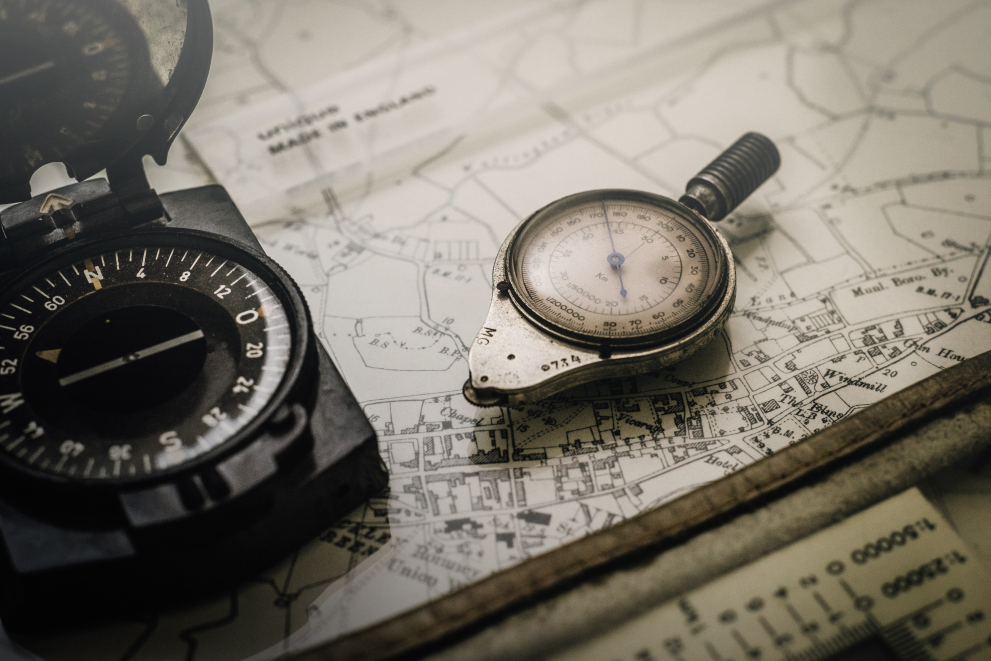Validation of the skills acquired through volunteering (September 2018)
Validation of non-formal and informal learning is a process of confirmation by a competent authority that an individual has acquired skills and competences from participating in non-formal and informal learning. Validation is based on prior documentation of knowledge (discussed in map 2) and is completed once those skills and competences are certified by accredited awarding bodies.
The 2017 Council recommendation on the European Qualifications Framework for lifelong learning calls upon EU Member States to develop validation frameworks setting pre-defined procedures. Depending on the country, different procedures can apply at different educational levels or sectors. Validation frameworks also differ based on whether they recognise volunteering as one of the fields of non-formal and informal learning.
This situation is found in about half of the countries participating in the Youth Wiki. For example, in Portugal, young volunteers who participate in volunteering programmes organised by the Portuguese Institute of Sports and Youth (IPDJ) receive a youth pass certificate for the validation of their competences. In Germany, a period of service under a volunteering scheme can count for the purpose of a university degree, according to the regulations established by each federal state.
In some countries, the skills and competences acquired through participation in voluntary projects contribute to obtaining a formal qualification. In this case, validation frameworks define mechanisms through which the volunteering experience is translated into a qualification, converted to credit points that count towards a degree, or form part of individual competence assessments used in admission procedures. For example, in Estonia, youth workers can obtain a qualification through a procedure of validating prior learning and work experience, including voluntary work. Legislation in France allows students who have completed a civic service mission in the course of their studies to obtain credits in the framework of the European Credit Transfer and Accumulation System (ECTS).
Validation of non-formal and informal learning attained through volunteering can take place also in the absence of documentation. For example in Denmark, education institutions directly assess the skills gained by applicants through taking part in voluntary projects. In case they match the criteria set by education institutions, applicants receive a competence certificate, which accords admission to certain education programmes.

